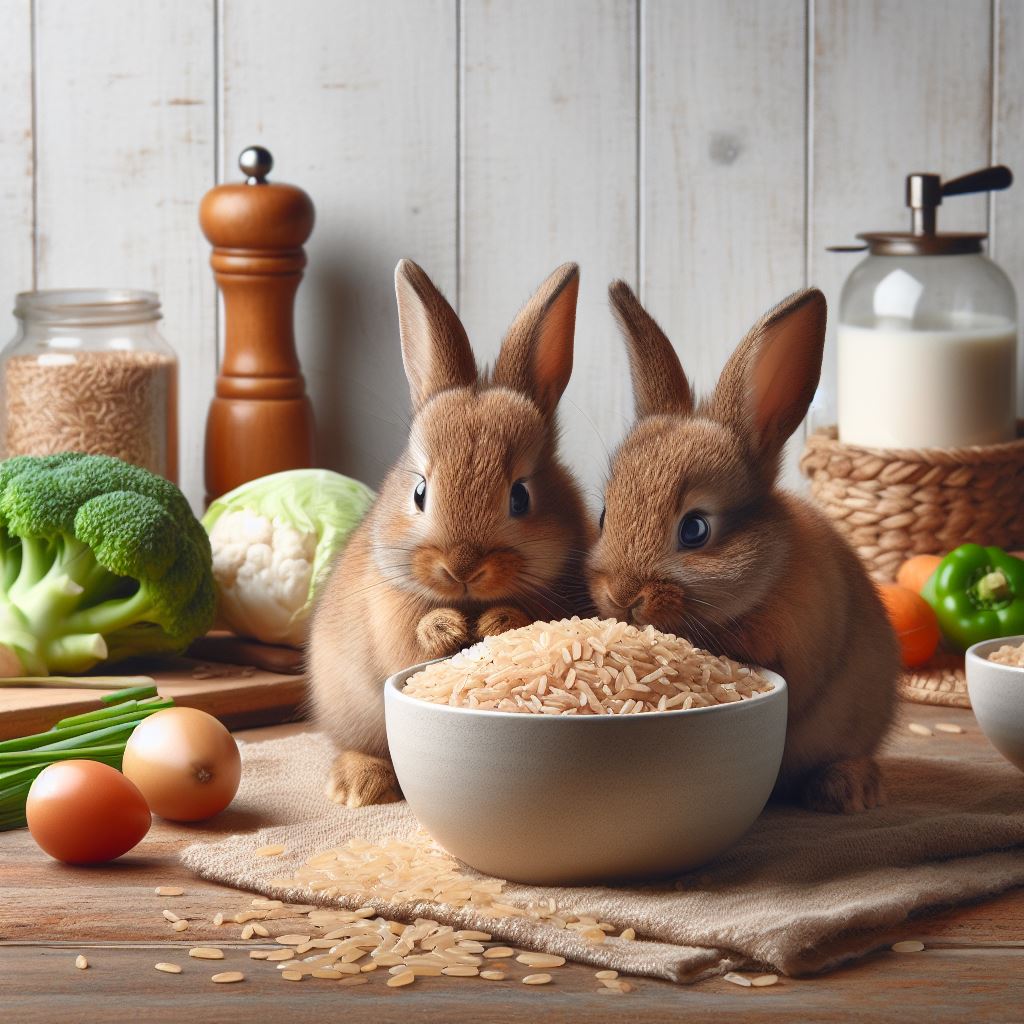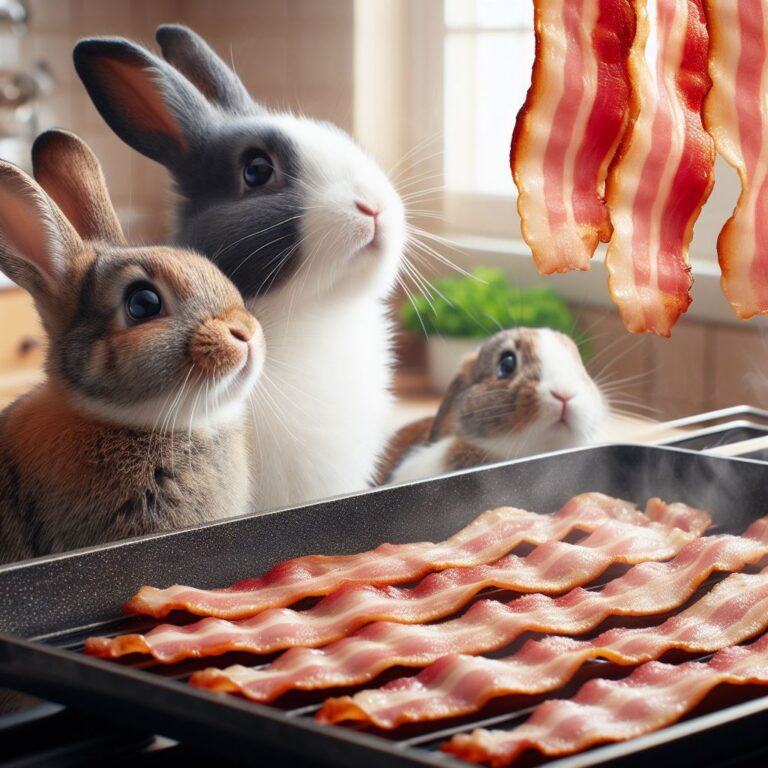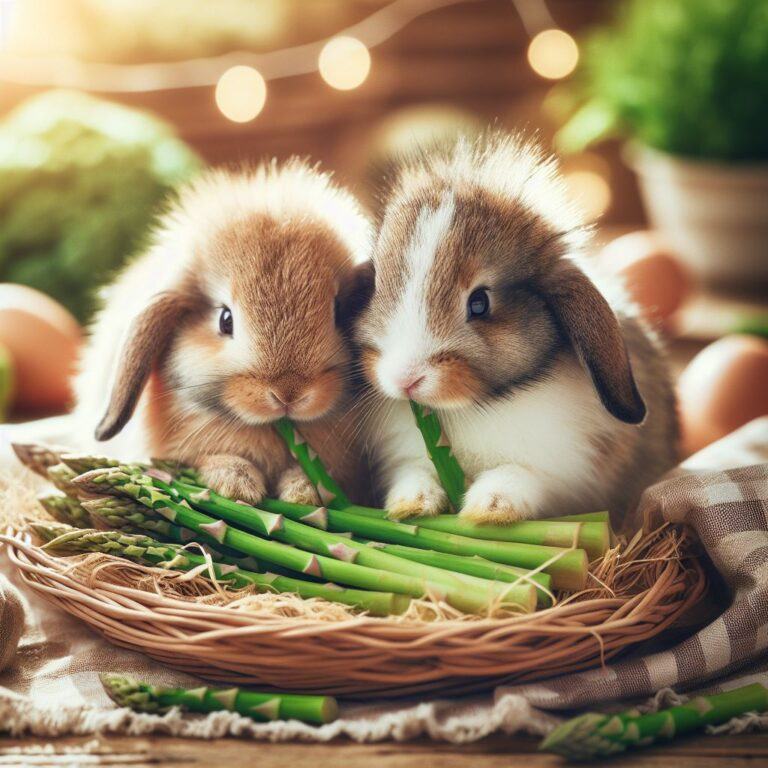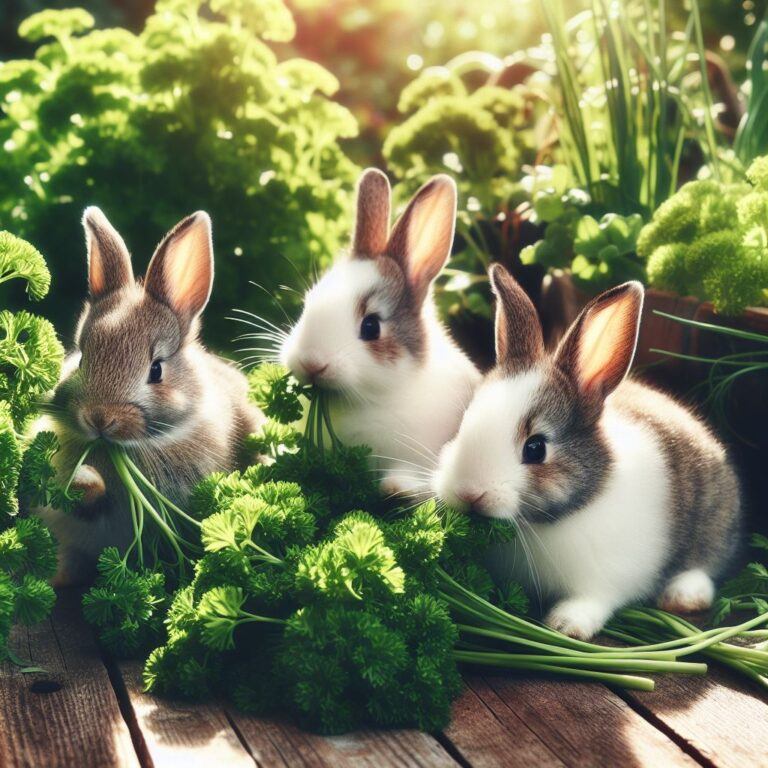Can Rabbits Safely Eat Brown Rice
No, rabbits should not eat brown rice. While it may seem like a healthy option for humans, it’s unsuitable for rabbits due to their unique digestive systems.
Unlike omnivores, rabbits are strict herbivores, meaning their gut bacteria are adapted to break down fiber-rich plant matter, not complex carbohydrates found in grains like brown rice.
Introducing brown rice into their diet can lead to serious health issues.
The digestive system of a herbivore is very different from that of an omnivore or a carnivore. Rabbits have evolved to extract nutrients from a diet consisting mainly of hay, grass, and leafy greens, which are high in fiber.
Brown rice, although a whole grain, lacks the necessary fiber content that rabbits require and presents too much starch, a risk to their delicate digestive balance.
When we talk about potential hazards, brown rice can be particularly troubling for a rabbit’s gastrointestinal tract.
It can cause blockages or GI stasis, a condition where the digestive system slows down or stops completely, which can be fatal.
Also, the introduction of unsuitable foods like brown rice can disrupt the balance of their gut which can result in diarrhea or other health issues.
Rabbits should always be fed a diet that’s high in fiber and low in carbohydrates and fat. It may be tempting to share a bit of our ‘health food’ with our furry friends, but what’s good for people isn’t always good for pets, especially rabbits, whose diet must remain as natural and as close to what their wild cousins would consume as possible.
Healthy Diet Alternatives for Your Rabbit
So, we know rabbits thrive on a diet that is rich in fiber. It’s crucial for maintaining a rabbit’s digestive health and preventing issues like gastrointestinal stasis which, unfortunately, is a common problem for our bunnies.
High-quality hay forms the foundation of a rabbit’s diet, constituting the majority of their food intake and supplying essential fiber to maintain digestive health.
Varieties like timothy, brome, and orchard grass stand out as excellent options.
Apart from hay, it is possible to feed our rabbits a variety of vegetables, fruits, and herbs that are safe for rabbits.
Dark, leafy greens like kale, romaine lettuce, and arugula (rocket) are excellent sources of nutrition for them. However, it’s important to introduce new veggies slowly and in moderation to monitor for any adverse reactions.
While fruits can be a delightful treat, they should be given sparingly due to their high sugar content; things like apples (no seeds), blueberries, and strawberries can be offered as an occasional snack.
Introducing fresh herbs like basil, coriander, mint, or parsley can add variety to their diet and provide additional nutrients. These should also be given in moderation, paying attention to how your rabbit responds.
Remember, sudden dietary changes can cause health issues in rabbits, so any new food should be introduced gradually.
Consistently offering a variety of safe foods encourages good eating habits and helps prevent obesity and other health problems.
Best Methods for Feeding Your Rabbit
It’s very important to control the portion sizes when we feed our rabbits. I always recommend feeding small, more frequent meals that copy their natural foraging behavior as this should aid in proper digestion and prevent obesity.
CONSTANT HYDRATION is vital. A rabbit’s diet isn’t just about the food—water plays an irreplaceable role. Ensure your rabbit has access to clean, fresh water at all times to support their digestion and overall health.
Introducing new foods to your rabbit should be done GRADUALLY. Any changes to their diet can upset their sensitive digestive systems.
Always monitor your rabbit closely for any signs of digestive issues, such as changes in eating habits or stool consistency, and consult your vet if needed.
Defense is the best offense when it comes to your rabbit’s health. Adequate nutrition is a preventative measure against numerous health issues.
Stick to tried-and-true rabbit-safe foods and avoid human foods that could harm your pet.







